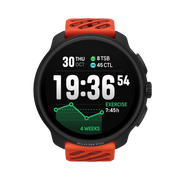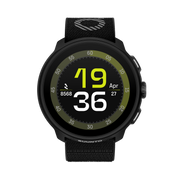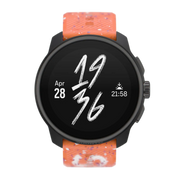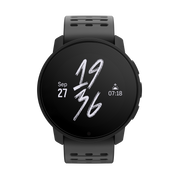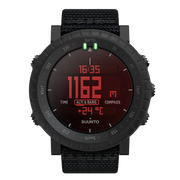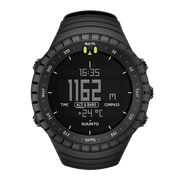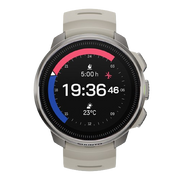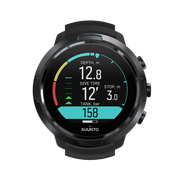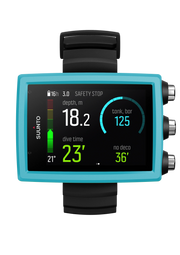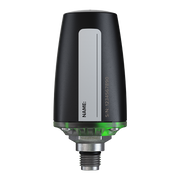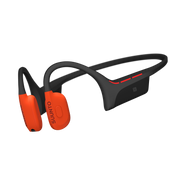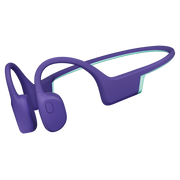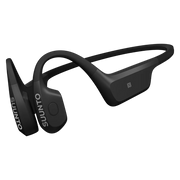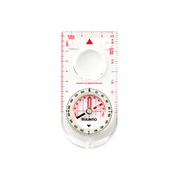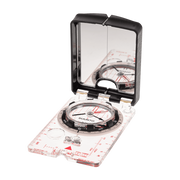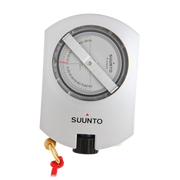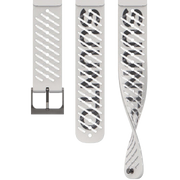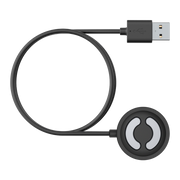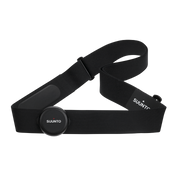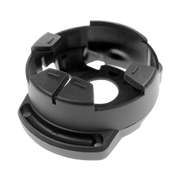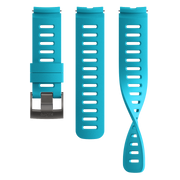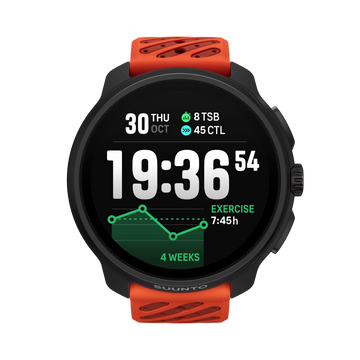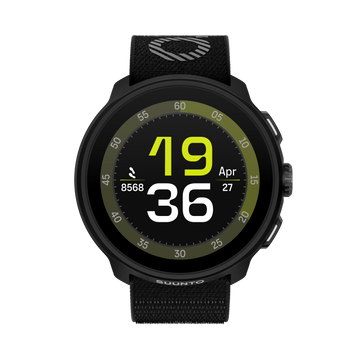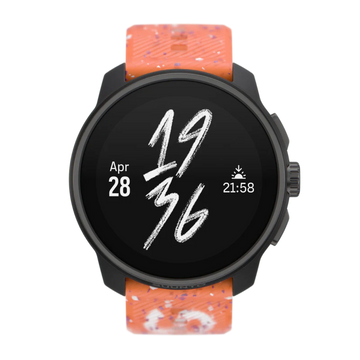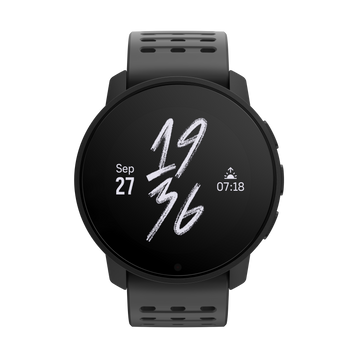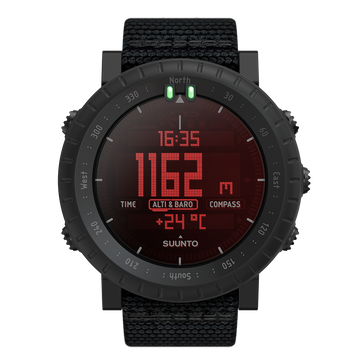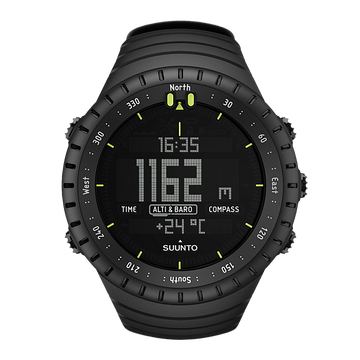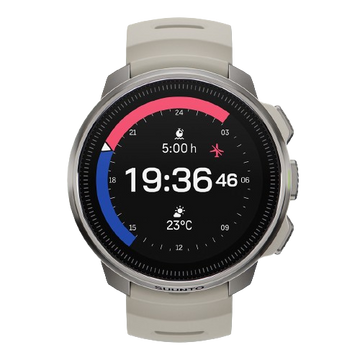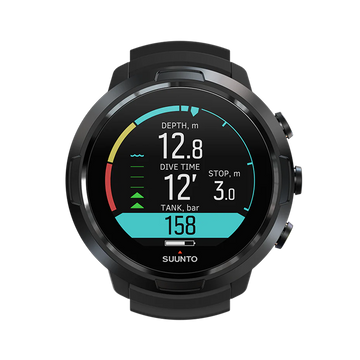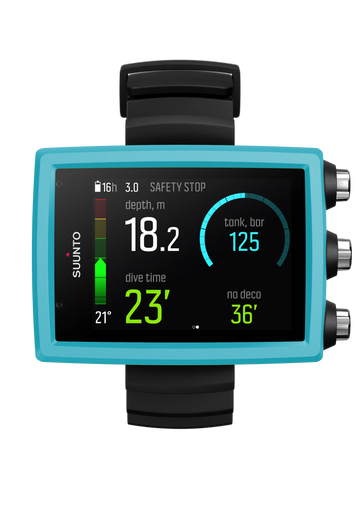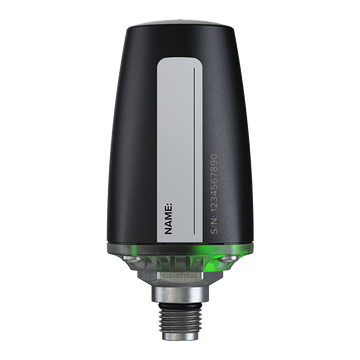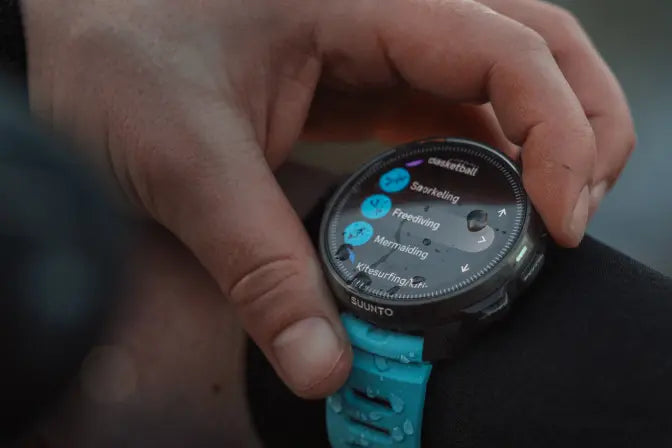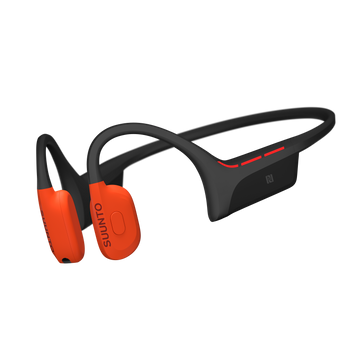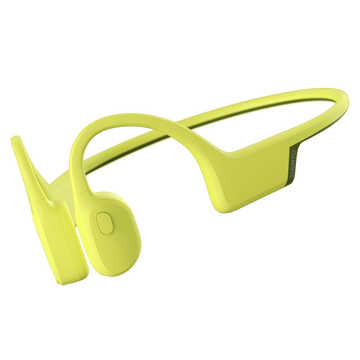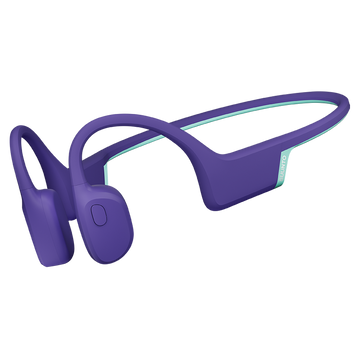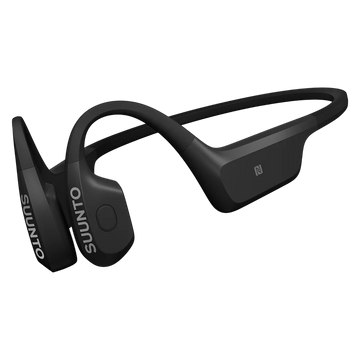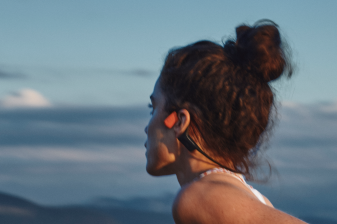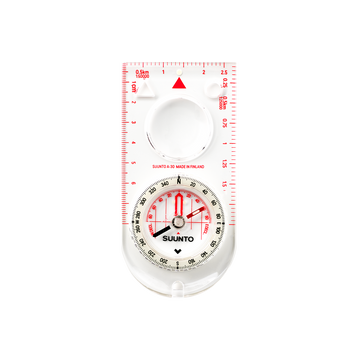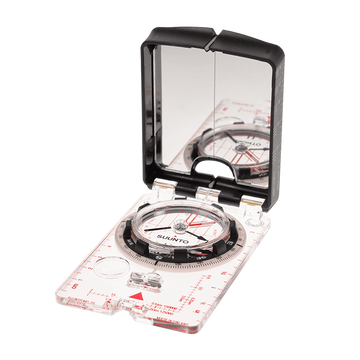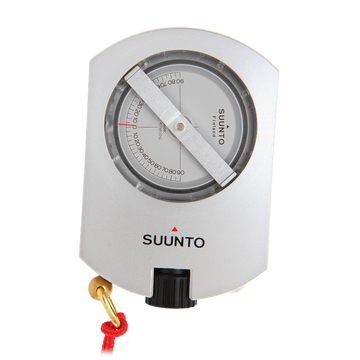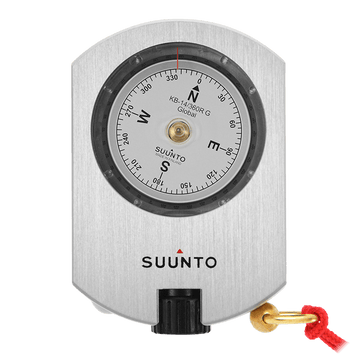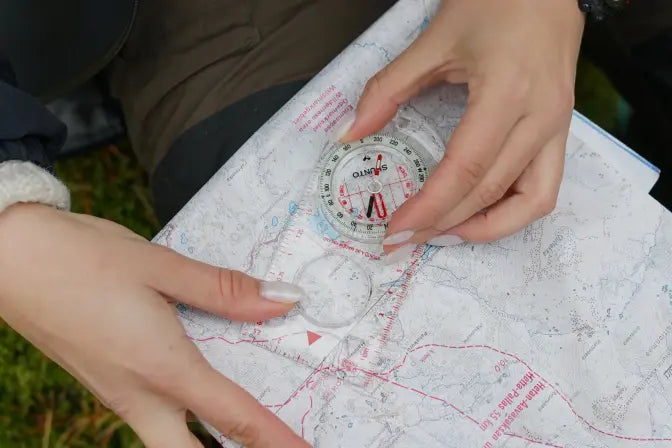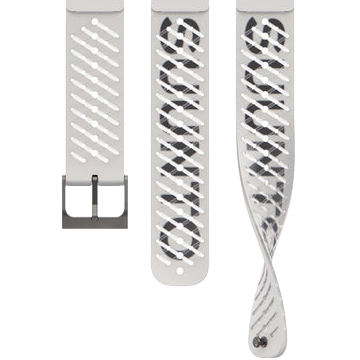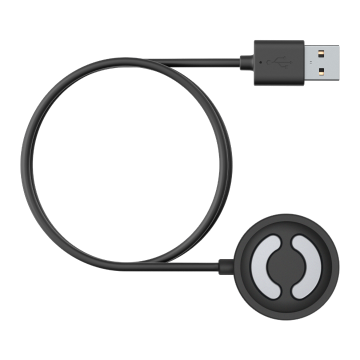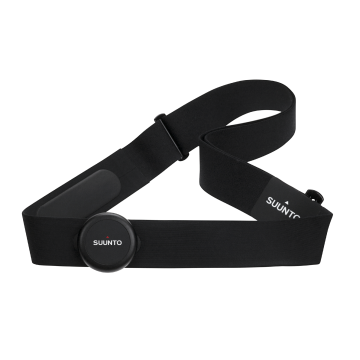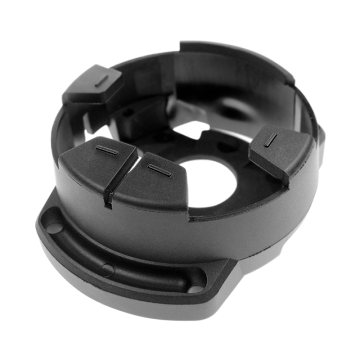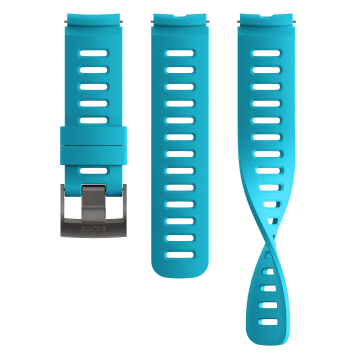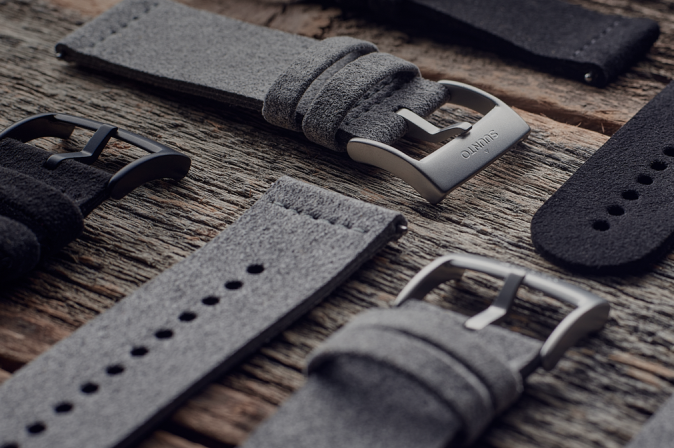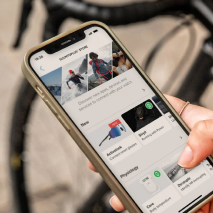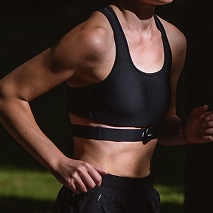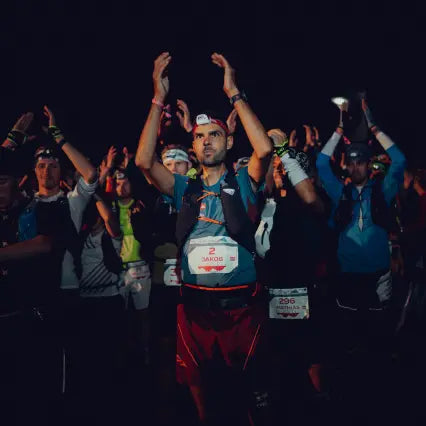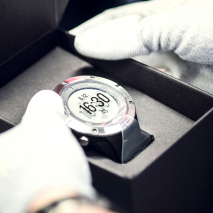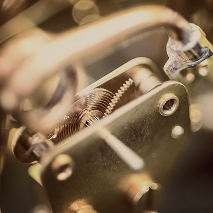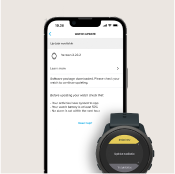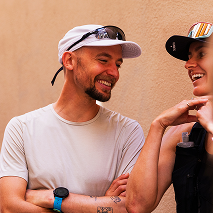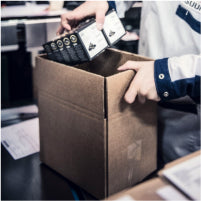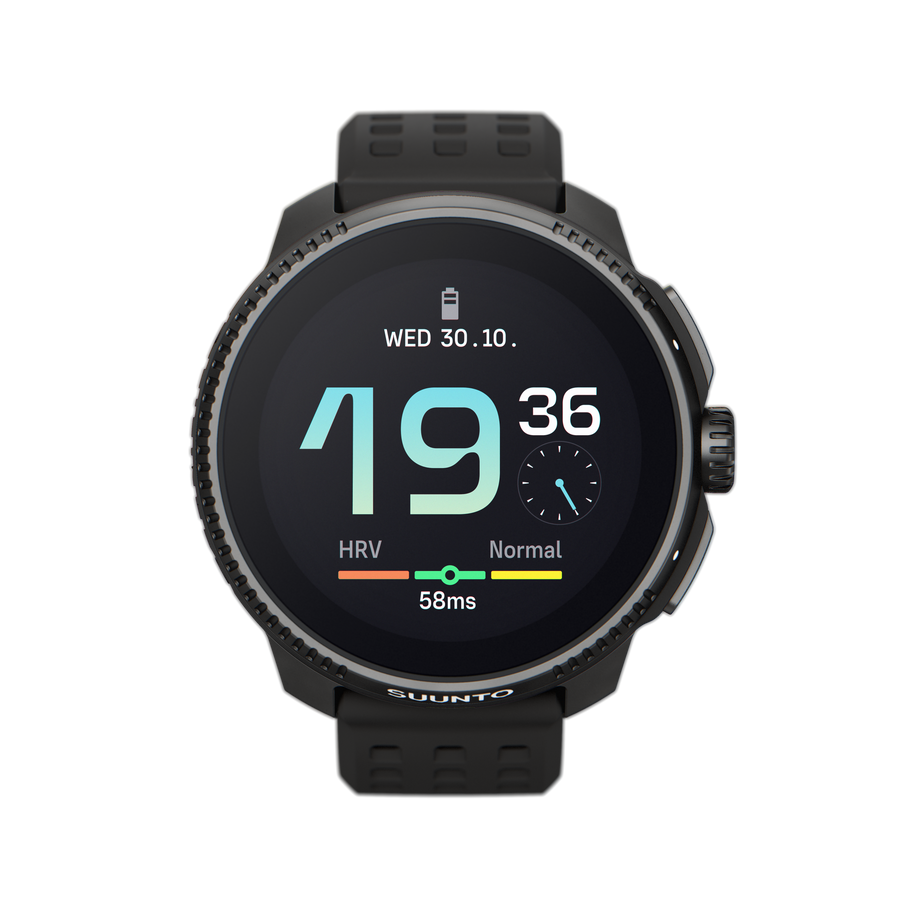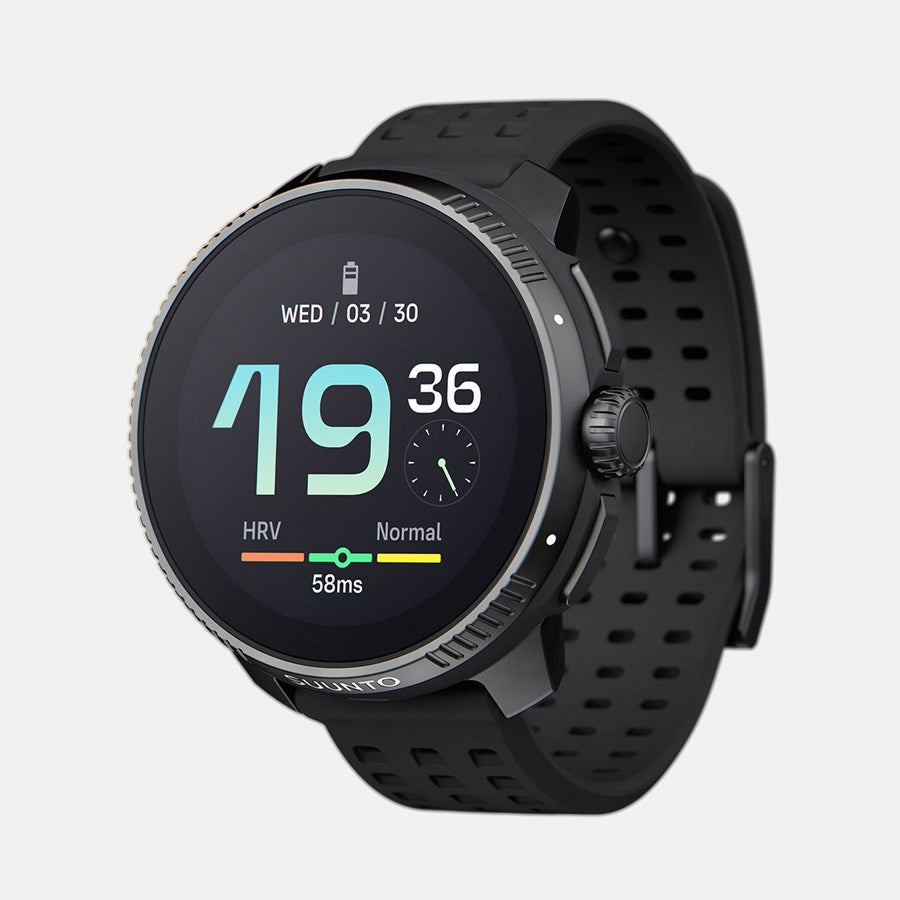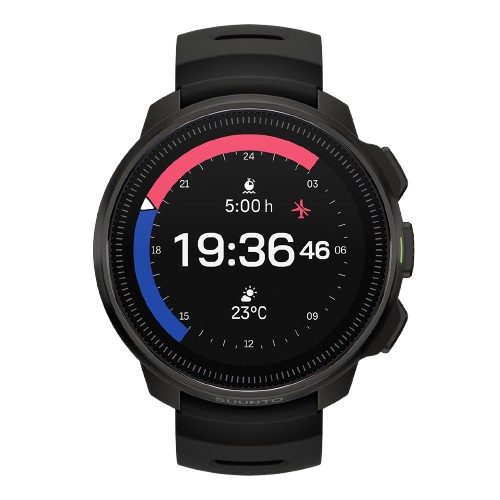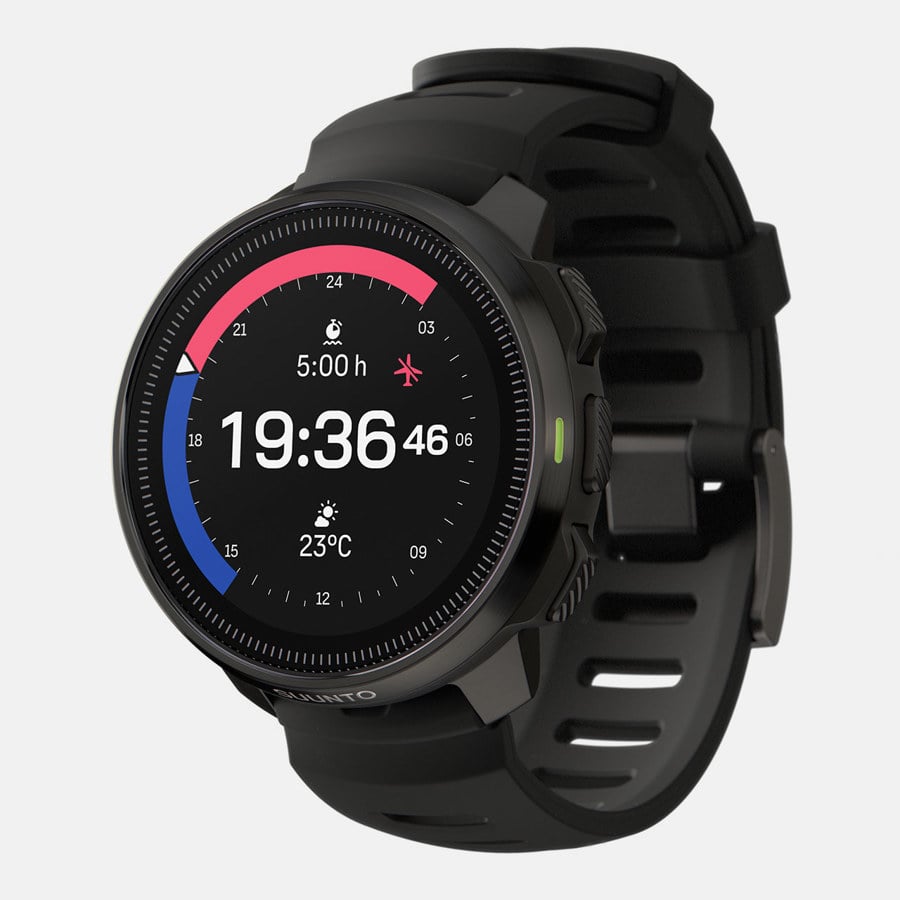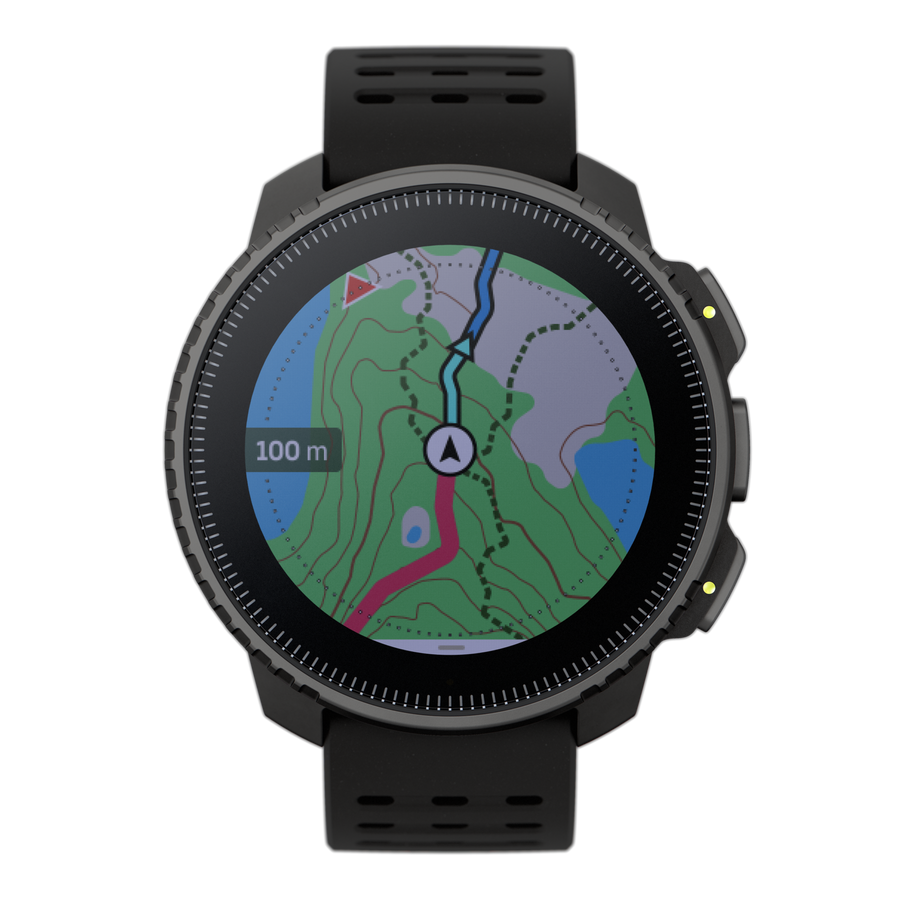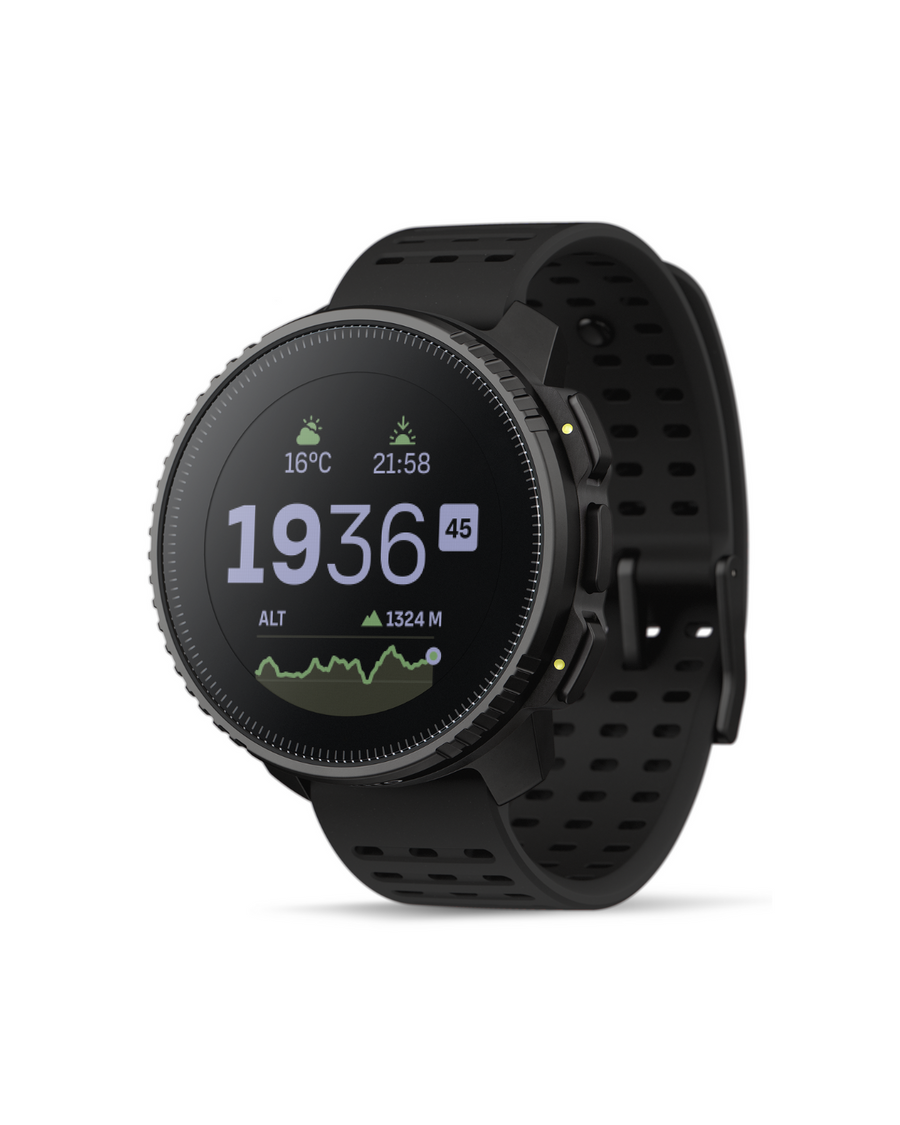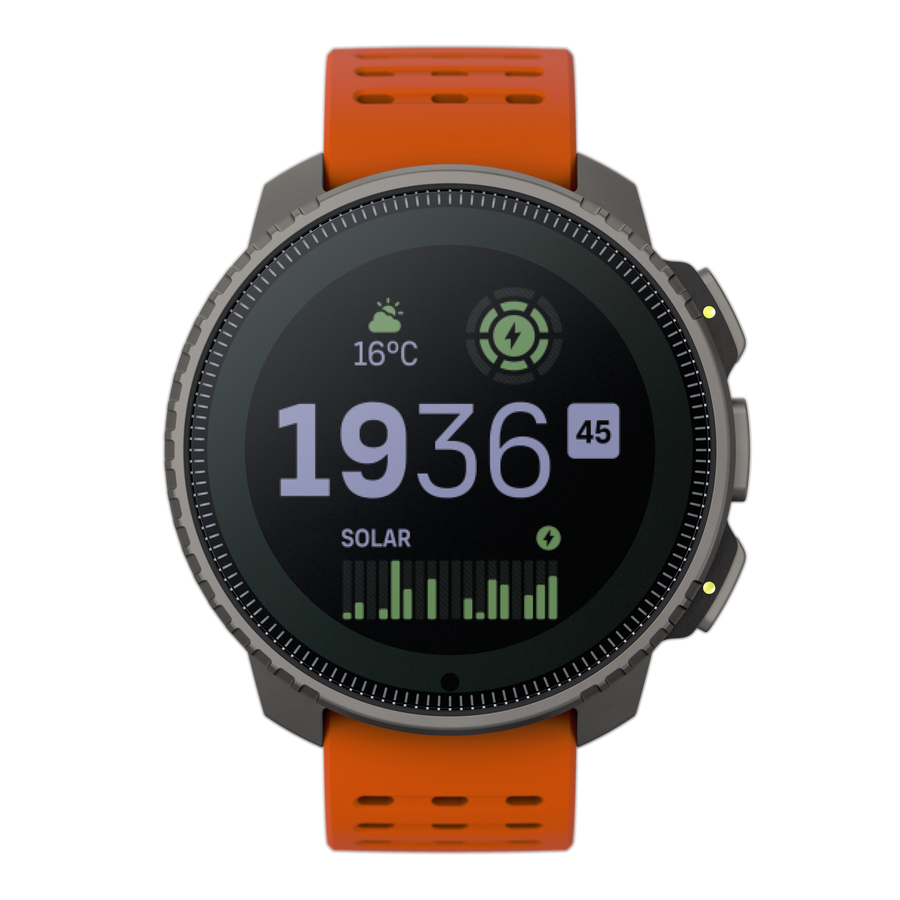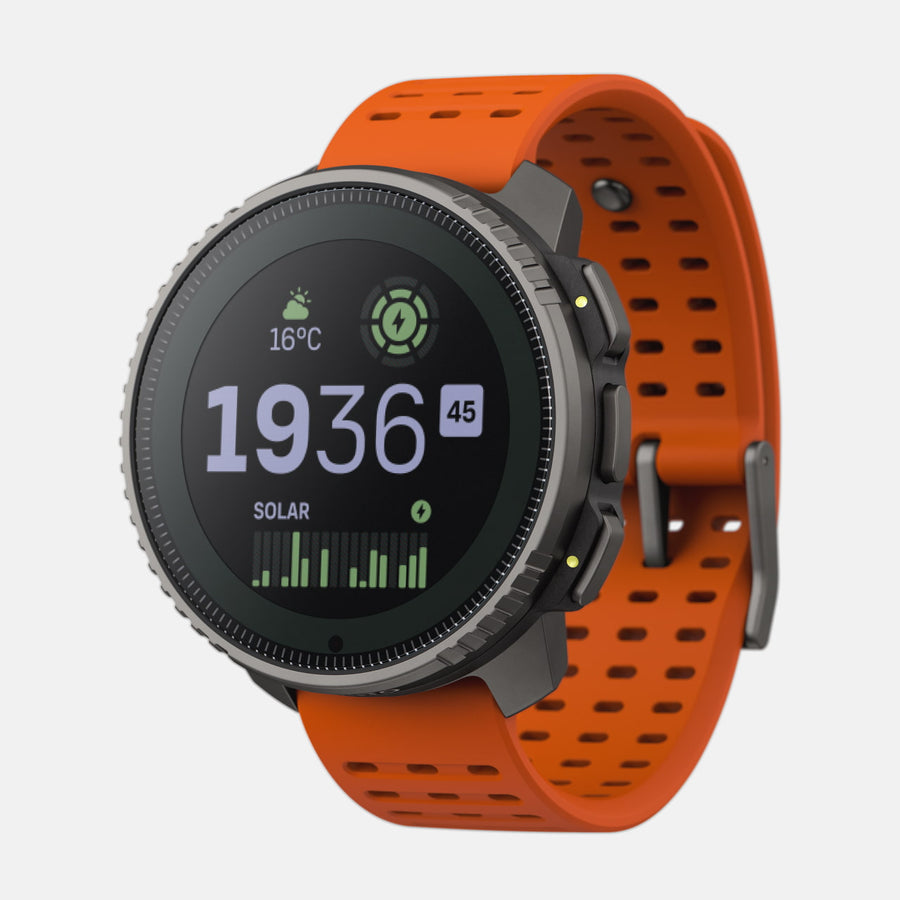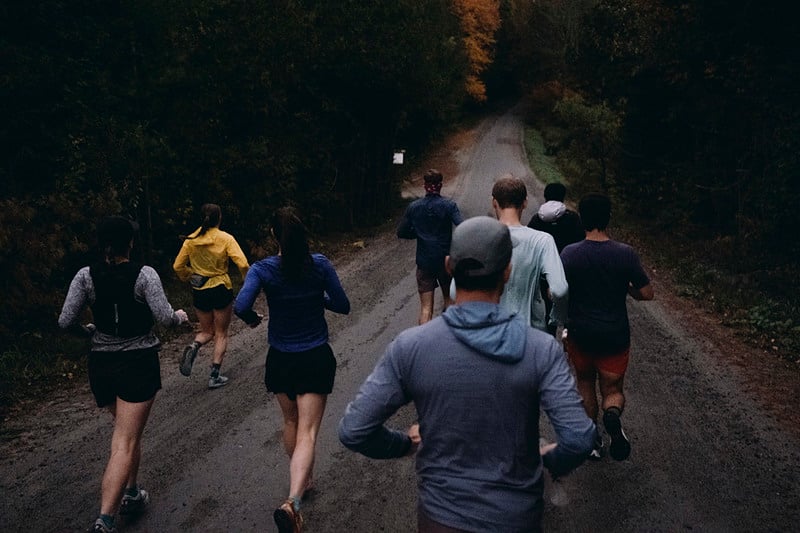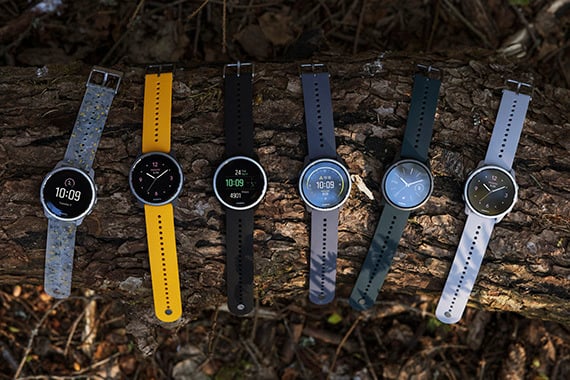Running rocks. It keeps people strong and healthy. But summer heat? That's a whole different beast. What used to be an easy jog suddenly feels like torture. Hot weather makes the body work way harder than normal. The heart pounds faster, sweat drips everywhere, and energy just vanishes.
Does this mean giving up running when it gets hot? No way. Running in the heat actually has some cool benefits when done the right way. The trick here is to prepare, know what the body can take, and be smart with it.
Part 1. Is It Okay to Run in the Heat?
Running in hot weather works fine with smart moves. Lots of athletes train in blazing heat to get tougher mentally and build better endurance. Heat training also prepares the body for races in scorching places where regular training just won't cut it.
But there's a massive difference between running smart and being stupid about it. Ignoring basic safety leads straight to heat exhaustion or even heatstroke, which can literally kill people.
To dodge these problems, the whole routine needs tweaking. Start slow and easy, drink water like it's going out of style, and pick the best times of day to avoid the worst heat. When properly exercised, it teaches the body to respond to stress more effectively, and regular running becomes easier in the future.
Part 2. The Science of Running in the Heat
Running in heat feels harder because it actually is harder. That is what occurs in the body when temperatures begin to rise too high.
2.1 Why Does Running in the Heat Feel So Hard?
When it gets hot, the body overworks itself in an effort to cool itself. Normal muscle nourishing blood is diverted to the skin to release heat.
It is a nightmare even to run with the same pace that makes sense in cool weather, as the body is engaged in a war on two fronts. The warmer it is outside, the harder everything is to keep moving along.
The body must decide to either cool down or have good performance. It is unable to do both very well simultaneously; thus, something has to be sacrificed.

2.2 How Hot Weather Impacts Your Body
Hot weather doesn't just make people sweat. It changes how bodies work:
Hearts beat faster because cooling takes work. More sweat means losing water and salt faster. Dehydration happens quickly, making tired feelings worse.
Losing too much water and salt in the body can cause cramps, dizziness, and heat sickness.
2.3 Acclimation: How Your Body Adapts
Bodies are pretty amazing at adjusting to heat, which gives hope. After hot weather running for one to two weeks straight, some incredible changes start happening. The body begins sweating earlier and way more efficiently. The heart gets better at handling all that extra stress, and the crushing exhaustion starts backing off.
To help this adjustment happen properly, start with much shorter runs and build up distance gradually over time. Jumping straight into long or intense runs in blazing heat is asking for trouble and can actually slow down the adaptation process.
The adaptation isn't just physical either. Mental toughness builds up as confidence grows from successfully handling difficult conditions.
2.4 Benefits and Risks of Running in the Heat
Running in warm weather has its benefits, but it also comes with risks. Here’s what you need to know:
Benefits:
- Builds Mental Strength – Training in tough heat builds resilience and grit.
- Improves Heart Fitness – The heart works harder, boosting cardiovascular capacity.
- Enhances Cooling Ability – Improves sweating efficiency and temperature regulation.
- Boosts Endurance – Adapts the body to conserve energy and fluids.
- Prepares for Races – Acclimation gives an edge on hot race days.
Risks:
- Heat cramps hurt. Muscles spasm from losing water and salt.
- Heat exhaustion brings heavy sweating, sick feelings, headaches, and weakness.
- Heatstroke causes confusion, collapse, and very high body temperature. This needs a doctor right away.

Part 3. How to Prepare for Hot Weather Running
Getting ready properly for how to run in the heat is absolutely the most important part of running safely.
What to Do Before Your Run
Drink water all day long. Don't just drink right before running. Run early morning or late evening when it's cooler. Check the heat index, not just temperature. High wetness in the air makes running harder.
Change what to expect. Be slower, and think about effort rather than speed.
Essential Gear for Running in the Heat
High-quality equipment matters a lot. Breathable light clothing assists sweat to get away from the skin. Airflow running shoes prevent unnecessary heating of the feet. Long-run water bottles or long-run packs keep the hydration close.
Besides, the sports watch monitors the heart rate and informs runners when to slow down. Real-time data helps avoid overheating.
The Suunto Race 2 sports watch monitors heart rate, tracks training stress, and gives instant data to help avoid overheating. In running, it is quite important to know when to slow down, especially in hot weather.

How the Suunto Race 2 Can Help You Stay Safe
The Suunto Race 2 does way more than just tell time—it works as a safety tool that could prevent serious problems. It constantly monitors heart rate zones and sends alerts when heart rate climbs too high for current weather conditions. It also provides recovery feedback, showing exactly when the body needs rest instead of more punishment.
For hot-weather running specifically, this real-time data helps prevent the kind of dangerous mistakes that land people in emergency rooms. The watch takes the guesswork out of knowing when enough is enough.
Part 4. Safety Tips for Running in the Heat
It is not dangerous to run in the heat, provided that you do not run without knowing how to protect yourself. Here are some smart running in heat tips:
- Select shaded routes where possible.
- Use sunscreen before going out.
- Make walking intervals when feeling fatigued or hot.
- Drink water during and after the run.

Watch Out for Warning Signs...
As the dizziness begins to strike, the nausea sets in, the headaches ache, exhaustion overtakes the bo,,dy or confusion strikes; stop running when this happens. These are the warning signs that heat stress is approaching, and everything will become much worse.
Other warning signs are sudden sweating cessation, excessive or extreme heatiness or chilledness, hyperventilation and difficulty breathing, and feeling out of touch.
What to Do If Symptoms Occur...
- Step 1: Move to a cool or shaded place
- Step 2: Sip water slowly
- Step 3: Cool your body with a wet towel.
If you still don’t feel better, get medical help immediately.
Part 5. FAQs About Running in Warm Weather
1. Is it bad to run in 90-degree weather?
Running in 90°F heat can be dangerous because bodies overheat fast. Getting dried out and heat sickness risk is high. Individuals who run during such heat are advised to do so either early morning or late evening, ensure that they run slower, drink lots of water in the process, and use it during and after running.
2. What temperature is too hot to run?
Once it reaches 95°F, outdoor running gets risky. Humidity makes things even worse. Bodies can't cool themselves properly at these temperatures. Heat stroke becomes a real threat. Stay indoors or wait for cooler evening temperatures to run safely.
3. Does running in the heat burn more calories?
Hot weather running burns a little more calories because bodies work harder to control temperature. The difference is small. Pushing too hard in hot weather for extra calorie burn can cause heat sickness. Always focus on hydration, cooling plans, and safety over burning extra calories.
Final Say!
Running in the heat is not necessarily frightening when one learn how to run in the heat. Keep fluids up during the day, not only before going out. Work in the daytime when the sun is not burning - morning or evening is best. A good sports watch assists in monitoring the intensity of work in the body.
Want to make your runs smarter and safer? Check out the Suunto Race 2 sports watch – the ultimate partner for running in any condition.
